Argentina’s Armed Forces will “collaborate” in tasks related to domestic and border security, President Mauricio Macri reiterated Monday.
The Macri administration is seeking to broaden the Armed Forces’ responsibilities to include domestic and border security. The activities of the country's military are a sensitive topic in Argentina given the atrocities the military committed during the 1976-1983 dictatorship.
Several major restrictions on the military remain in place from previous governments, while Armed Forces infrastructure and personnel numbers have significantly declined, particularly in the last decade under the Néstor and Cristina Fernández de Kirchner governments.
According to the plans that the news portal Perfil had access to, the expansion set out in the new National Defense System would include:
- Airspace surveillance and control, with an emphasis on the northern provinces
- A surveillance and presence near the borders
- Surveillance and control of maritime areas
- Protection of key strategic areas (for example the Yacyreta dam)
- Protection of events of strategic interest in collaboration with the Internal Security System (for example the G20)
- Logistical support to the security forces
There will be three types of operations:
- Civil Protection Operations (humanitarian assistance, community support)
- Cyber defence operations (surveillance and control of cyberspace and the anticipation and prevention of cyber attacks; guaranteeing the security of networks and vital state information).
- Support operations for the generation of scientific knowledge: Addressing developments that suppose a competitive advantage within the framework of technological autonomy in sensitive areas of Defence; Generating networks through available capacities (institutes, research centres, universities and industry); Collaboratation in the generation of knowledge that contributes to a policy of sustainable exploitation of maritime resources.
-TIMES





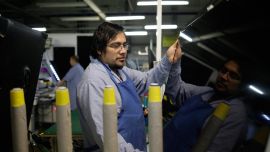

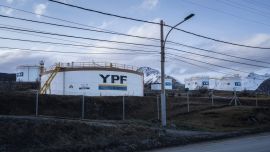





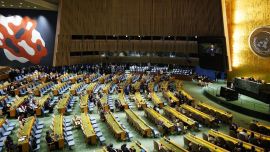
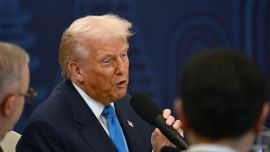
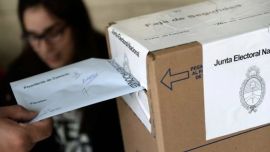

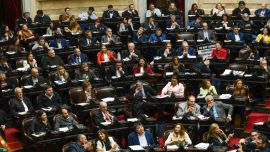


Comments